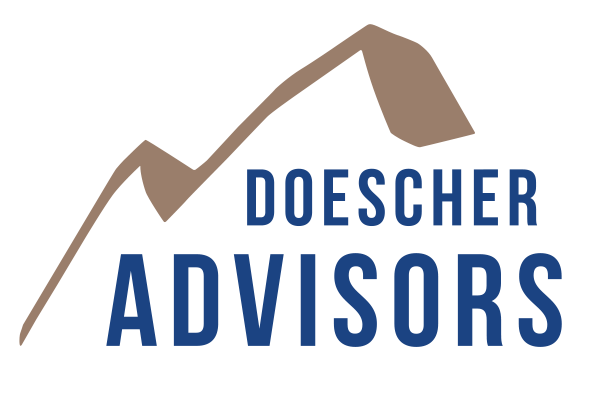Our Blog
The Great Game of Business

In my recent post, I mentioned I was going to read The Great Game of Business, written by Jack Stack. Although it’s a book about Open Book Management (OBM), it was way more than that. Stack details what happened when he and his buddies —non-college-educated, blue-collar people — purchased a failing International Harvester plant where they had worked for years.
In the first third of the book, Stack provides his thoughts on OBM, and shares his leadership philosophies. As my dad would say, “He has a lot of common sense.” To whet your appetite for his book, here are a few of my favorite takeaways (of course, with my editorial comments):
- The best, most efficient, most profitable way to operate a business is to give everybody in the company a voice in saying how the company is run and a stake in the financial outcome, good or bad.
- Middle managers have the most difficult role in the company because they have to please many masters. (Editorial comment: At my former firm, there’s a position called “In-Charge.” In my opinion, it was — and probably still is — the hardest job. The In-Charge must supervise the team, keep the client happy, keep the partner happy, and complete the work assignments accurately and within budget.)
- There’s a reason you get paid more when you become a manager. You’re taking on more responsibility, and you’re giving up some of your freedom. (Editorial comment: Wow, I’ve never seen this in writing, but I used to say those exact words to our partners. As a leader, in public, you surrender some of your personal points of view or opinions. This was very hard for some, including me, at times.)
- “That’s why I get angry at the loudmouths who talk about winning through intimidation. Not only are they dead wrong, but they are promoting one of the most destructive myths in American business.” (Editorial comment: Need I say more?)
- Tunnel vision is a big problem in business.
- Too many goals are useless.
- Bad housekeeping is frequently a sign of trouble. (Editorial comment: Japanese manufacturers have taught us about the importance of adopting the 5S workplace organization method.)
- No matter how hard you try to be open, people are still intimidated by the title, the door, the desk — all symbols of power. (Editorial comment: This is so true. So, realize it and don’t make it worse.)
There are many more great recommendations, but I’ll stop there.
In the balance of the book, Stack provides many practical, detailed ideas for implementing OBM. Just a warning: He also offers some (just a few) political points of view, and isn’t shy about his support of capitalism.
Stack also has a very strong point of view when it comes to his belief that associates should receive stock in the company, and he makes a very good case for his position. I happen to disagree with him, and believe you can accomplish the same goal with deferred compensation or phantom stock pegged to the company enterprise value. In this area, I would strongly suggest you seek outside counsel from your advisers, including your attorney and accountants. As always, I’d be happy to discuss my views, if you’d like to talk about it.
In my next post, I’ll share one last list of rhetorical questions that Stack provided that might be worth asking yourself and your leadership team. The list reminded me of Marcus Buckingham’s 12 (now 8) Questions, which I’ve discussed in the past.
